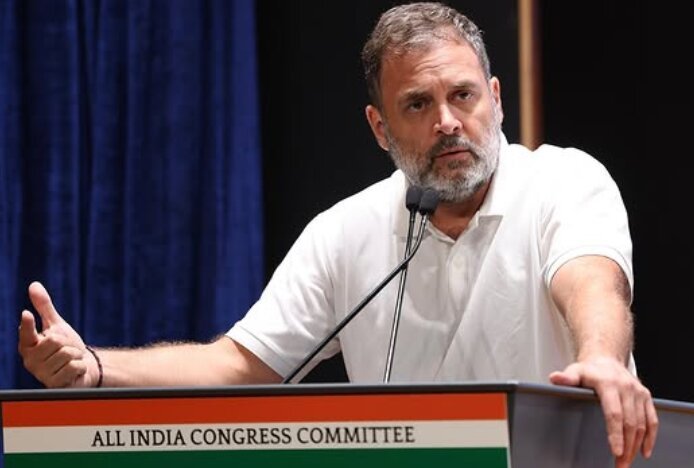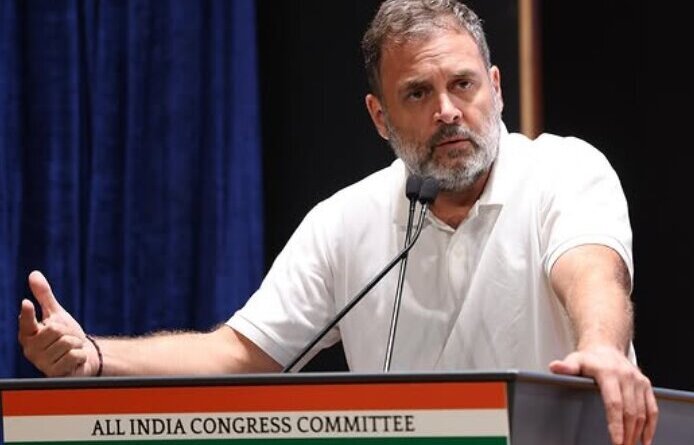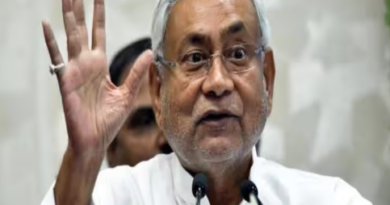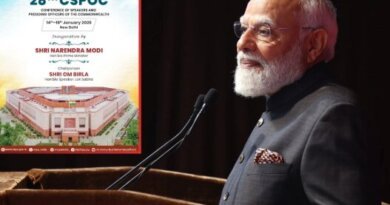Rahul Gandhi Seeks Probe Into Ladakh Firing

Congress leader Rahul Gandhi has called for a judicial investigation into the recent police firing in Ladakh that claimed four lives, including that of Kargil war veteran Tsewang Tharchin. The incident has sparked national outrage and renewed demands for constitutional safeguards in the Union Territory.
The firing occurred during a protest demanding Sixth Schedule status and full statehood for Ladakh. Demonstrators clashed with police near Leh, leading to violence, injuries, and fatalities. Among the deceased was Tharchin, a decorated soldier who had served in the 1999 Kargil War and at the Siachen Glacier.
Rahul Gandhi, currently on a diplomatic tour of South America, posted a video of Tharchin’s grieving father on social media, stating, “Father in the army, son in the army—patriotism runs in their blood. Yet this brave son was shot for standing up for Ladakh’s rights.”
He accused the central government of betraying Ladakh and urged Prime Minister Narendra Modi to stop the “politics of violence and fear.” Gandhi demanded that those responsible be punished and that the Centre engage in dialogue with Ladakhi citizens.
Congress president Mallikarjun Kharge echoed the sentiment, saying the death of a war hero at the hands of the state was a national shame. He questioned the government’s commitment to veterans and accused it of ignoring Ladakh’s demands since the abrogation of Article 370.
The protest was part of a larger movement led by civil society groups, student unions, and ex-servicemen. Their demands include protection of land rights, cultural identity, and environmental safeguards. The agitation has been building for months, with peaceful marches and sit-ins across Leh and Kargil.
Following the firing, curfew was imposed and internet services were suspended in several parts of Ladakh. Security forces were deployed to prevent further escalation. The local BJP office was reportedly set ablaze during the unrest.
Climate activist Sonam Wangchuk, who has been vocal about Ladakh’s ecological concerns, was detained under the National Security Act and transferred to Jodhpur jail. His arrest has drawn criticism from environmental groups and human rights advocates.
The Congress party has submitted a memorandum to the President of India, demanding immediate action and compensation for the victims’ families. They also called for the restoration of democratic rights and the release of detained activists.
Political analysts believe this incident could reshape the national conversation around Ladakh’s autonomy. With a war veteran among the victims, the emotional resonance is high, and public sentiment is shifting.
Local leaders from Leh and Kargil have urged the Centre to listen to the people and avoid further alienation. They warned that ignoring the region’s demands could lead to long-term instability.
The government has yet to issue a formal response. Meanwhile, opposition parties are planning a joint delegation to visit Ladakh and meet affected families.
As the demand for justice grows louder, the spotlight remains on Ladakh—not just for its strategic importance, but for the voices rising from its valleys.





Good one. Especially liked the keyword placement tips.